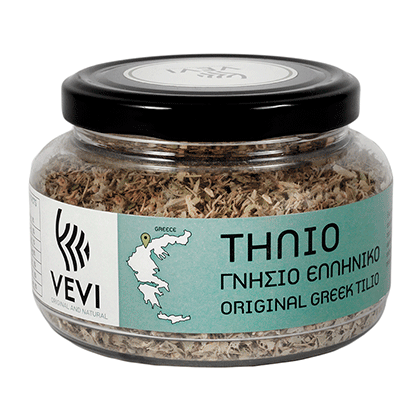
Linden flowers contain a number of natural compounds, or phytochemicals, that may be related to its health properties. According to a research report published in the January 2016 issue of “International Food Research Journal,” active ingredients in the Tilia or linden flowers include flavonoids, which function as antioxidants. Antioxidants help rid your body of free radicals -- unstable chemicals that form as a result of normal body processes or when you're exposed to drugs, cigarette smoke or other environmental toxins. Over time, free radicals can cause damage that leads to heart disease, cancer and other health problems. Linden flowers also include tannins and volatile oils , also known as essential oils, which are can also provide healthful benefits. While data is not available to specifically link these components in linden flower tea to health improvements, the phytochemical content is a potential reason for any benefits.
Colds and Congestion
According to a May 2012 report published by the European Medicines Agency, limited clinical research is available on linden, so there is no scientific proof that it actually works. However, this agency postulates the most plausible use of this tea is the traditional use for the common cold and treating mild symptoms of mental stress. The reputed benefits of certain linden compounds to cause sweating may have benefits in managing a fever. Linden also contains mucilage, a sticky substance that can help soothe irritated membranes in the mouth or throat, and this herb is also believed to decrease mucus production. However, data proving these benefits is lacking, and even if compounds from linden flower are proven to be effective, it’s not clear how much of these components make it into brewed tea.
Relaxing Effects
In herbal medicine, linden tea is used to combat anxiety and promote relaxation. The essential oils are suggested to play a role in these benefits. A study published in the July 2008 issue of the "Journal of Ethnopharmacology" found that feeding laboratory animals an extract of linden flowers reduced their anxious behavior when placed in a maze, compared to controls. Another study published in the March 2008 issue of the same journal found that linden extract lengthened the sedation time in animals who received sleep-inducing drugs, and calmed the animals when administered alone. However, it's not clear if these same benefits would be noticed from tea consumption -- as extracts tend to be more potent -- and if the same benefits would be present in humans consuming this tea.

